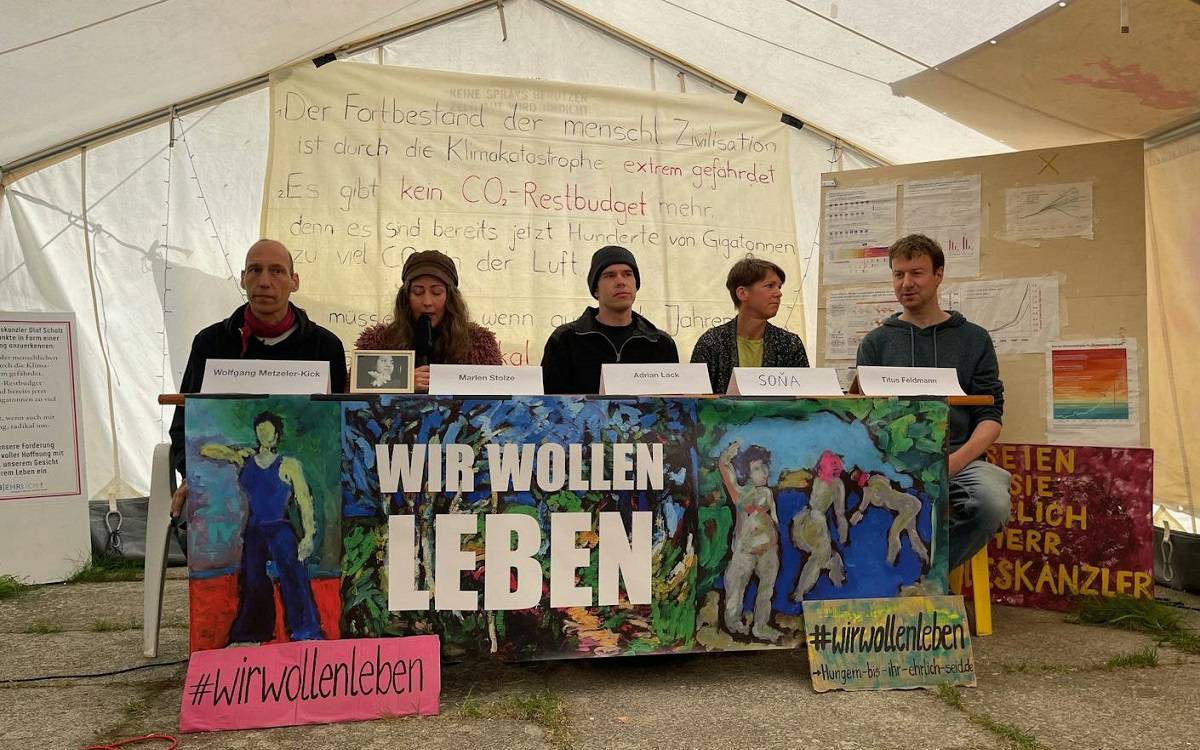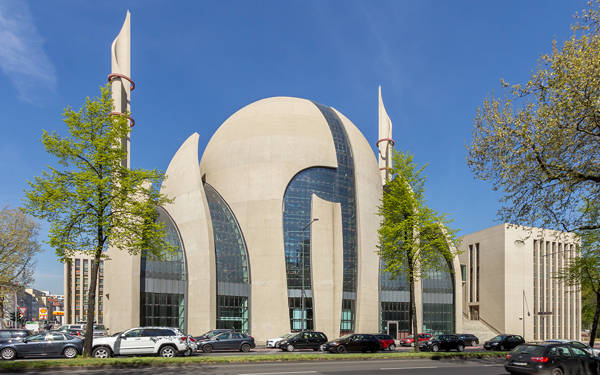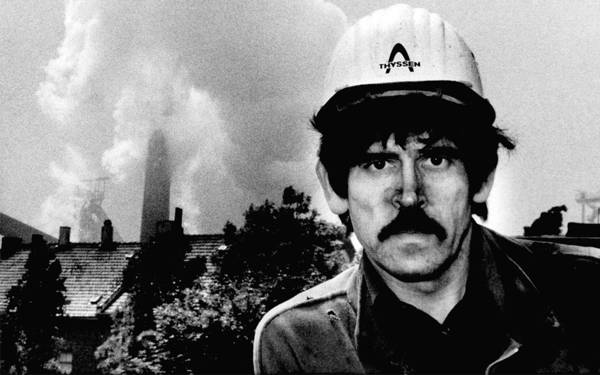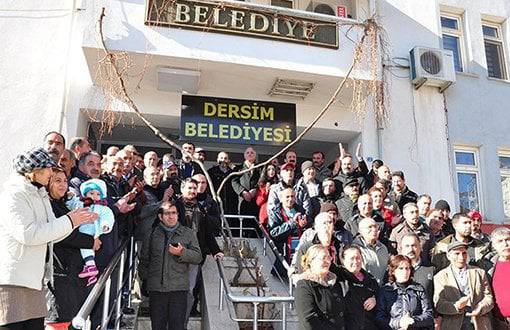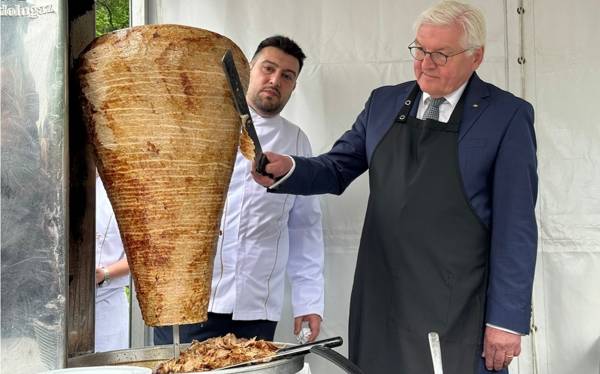Following the activists’ announcement last week that they were going to pause their hunger strike for a week, on 13 June they completely put an end to it, saying that they realized chancellor Olaf Scholz would rather let them starve to death than state the truth.
Different activists dropped in and out of the hunger strike in the last months, but the first one to start and longest to last, Wolfgang Metzeler-Kick, refused to eat for 92 days, even continuing after being hospitalized. The ending of his hunger strike comes as a surprise, as the activist claimed that he was planning to continue their hunger strike indefinitely and possibly even stop drinking water.
By going on hunger strike, the activists tried to push Scholz to make an official government statement that climate change was an existential threat to humanity, that there was no remaining carbon budget and that radical changes were needed. These statements were based on science they said, not on ideology. A spokesperson of the Chancellor said that he would not meet their demands and described the hunger strike as a form of extortion.
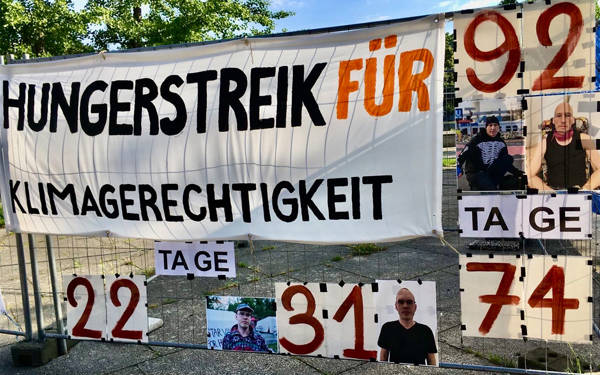
German climate activist nears death after three months of hunger strike
(NS/DT)






